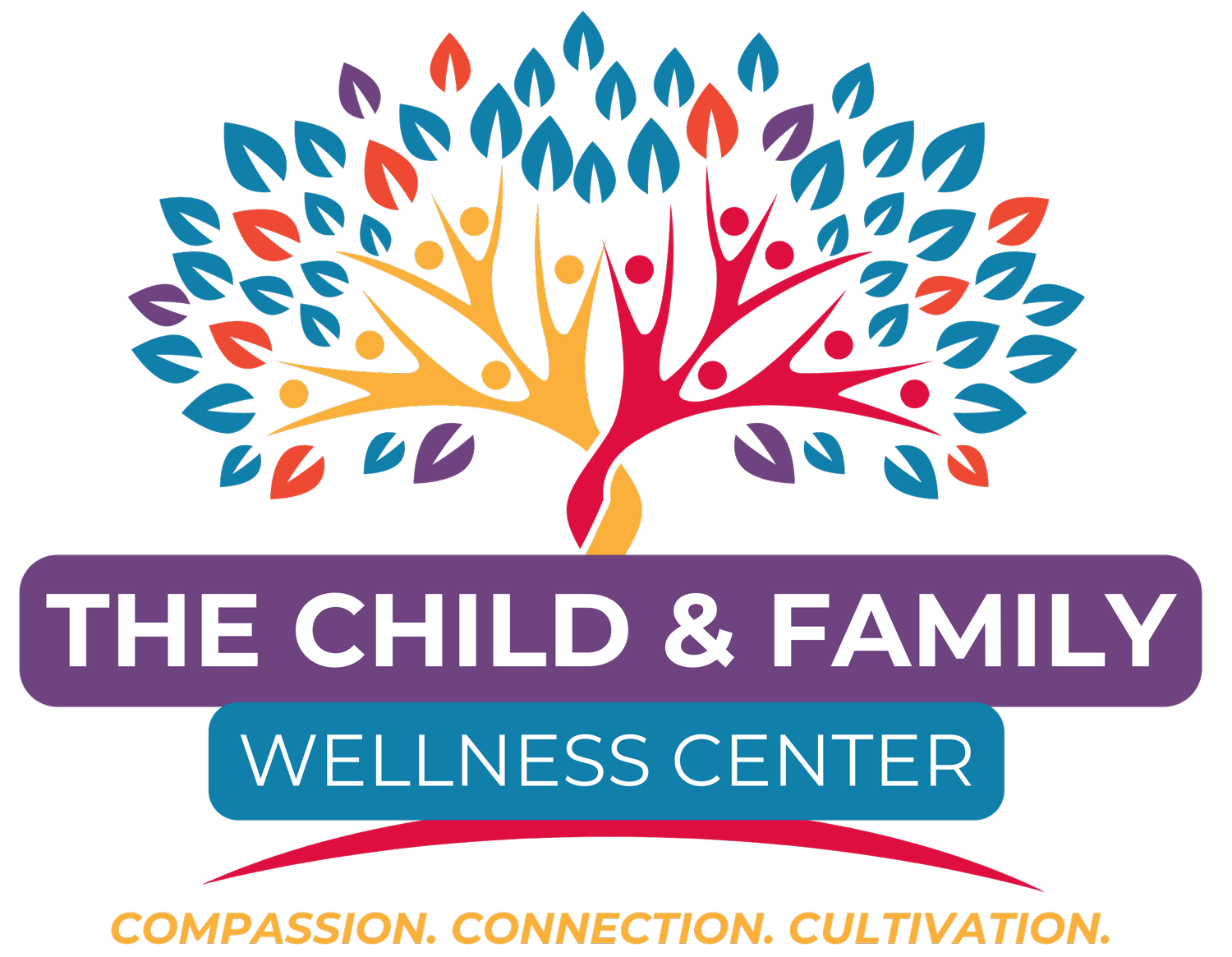BIPOC Women’s Health and Mental Wellness During Women’s History Month
Women’s History Month is a time to celebrate the achievements and contributions of women across generations. However, it is also a moment to acknowledge the unique challenges that BIPOC (Black, Indigenous, and People of Color) women face—particularly when it comes to health and mental well-being. Systemic inequities, cultural stigmas, and healthcare disparities continue to create barriers for BIPOC women seeking proper care, but advocacy, education, and community support can help bridge these gaps.
The Health Disparities Affecting BIPOC Women
BIPOC women experience higher rates of chronic illnesses, maternal mortality, and limited healthcare access compared to white women. Some key disparities include:
Maternal Health Crisis: Black women in the U.S. are three times more likely to die from pregnancy-related complications than white women, often due to medical bias and inadequate care.
Higher Rates of Chronic Illnesses: Conditions such as heart disease, diabetes, and hypertension disproportionately impact BIPOC women due to a combination of genetic, environmental, and socioeconomic factors.
Barriers to Preventative Care: Many BIPOC women face financial and geographic obstacles in accessing early screenings, mental health services, and routine medical check-ups.
Mental Health Stigma in BIPOC Communities
Mental health remains a critical but often overlooked component of overall well-being. Cultural stigmas, financial constraints, and a lack of culturally competent providers prevent many BIPOC women from seeking therapy and mental health support.
Cultural Barriers: Many BIPOC communities emphasize strength and resilience, sometimes discouraging open discussions about mental health struggles.
Underrepresentation in Healthcare: A shortage of BIPOC mental health professionals makes it difficult for women to find providers who understand their lived experiences.
Impact of Racial Trauma: The ongoing effects of racism, discrimination, and generational trauma contribute to heightened levels of anxiety, depression, and stress-related disorders among BIPOC women.
Prioritizing Self-Care and Advocacy
While systemic changes are needed, individual and community-based strategies can help BIPOC women reclaim their health and well-being. Here are some ways to prioritize mental and physical health:
Seek Culturally Competent Care: Look for healthcare providers who understand the unique experiences of BIPOC women and advocate for your needs during medical visits.
Engage in Community Support: Join wellness groups, therapy circles, or advocacy organizations that uplift and empower BIPOC women.
Normalize Mental Health Conversations: Breaking the silence around mental health can help dismantle stigma and encourage more women to seek the help they deserve.
Practice Holistic Wellness: Incorporate mindfulness, movement, and rest into daily routines to foster emotional balance and resilience.
Honoring BIPOC Women’s Health This Women’s History Month
Women’s History Month is a time to celebrate BIPOC women’s strength, resilience, and contributions while recognizing the work still needed to achieve health equity. By supporting one another, amplifying voices, and advocating for better healthcare access, we can move toward a future where all women receive the care and recognition they deserve.
At The Child and Family Wellness Center, we are committed to promoting health and wellness for all women, especially those from historically marginalized communities. If you or a loved one need support, our team is here to provide culturally sensitive care tailored to your needs.
This Women’s History Month, let’s honor the legacy of BIPOC women by prioritizing our health, advocating for change, and uplifting one another in every space we occupy.

